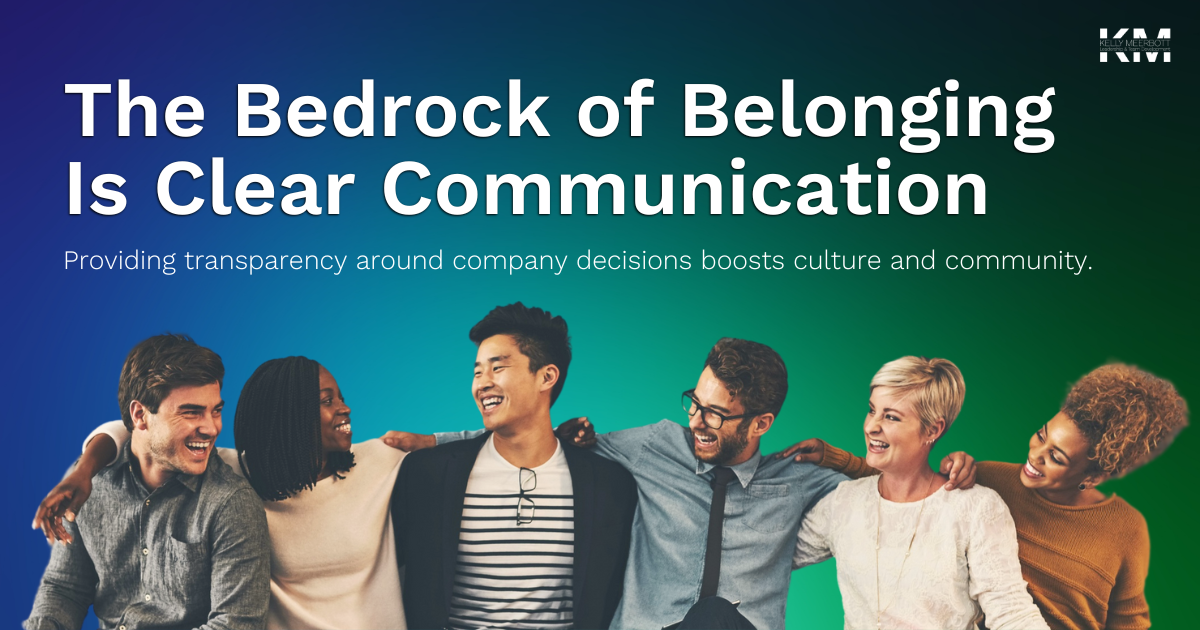Whether we are employers or employees, managers or managed, the complexion of employment relationships has changed considerably as employment and society have changed. Although technology has created many thousands of positions that previously did not exist, I am concerned that perhaps some of the traditional and humanitarian core values of employment have been replaced or deleted altogether.
My grandfather, Army Major Dr. Julius Edward Stolfi, was a doctor who practiced medicine and healed soldiers during World War II. Recently, I was nostalgic for him and conducted Internet research on the war. My focus was that of leadership and execution. What I discovered was beyond fascinating. The lessons for following generations are obvious while quite compelling.
Do you know the difference between a perfectly executed mission and a failed operation? It’s small unit leadership. According to Britannica.com, during World War II the Allies spent two and a half years planning the invasion of Normandy. But on D Day, it was a group of men on a strip of beach who decided the fate of the world. The best plan is only as good as people on the ground who execute it.
Have we become an employed population that is consistently willing to sacrifice the needs and priorities of individuals in deference to the corporate good? Some of the data would suggest so.
I was recently sitting with a colleague at Starbucks. We were brainstorming ideas for a new client when an executive from an organization where she formerly worked approached us. He sat down and frantically told us about the “crazy” day he had. He looked at us and said, “I just don’t understand it. I hire people and they keep leaving.”
After his second double-shot espresso, he left us. My friend described the details of the company and its employment practices.
“That place is a revolving door. They hire people just to fill space and do the job robotically until something better or higher paid comes along.”
The logical question: Why wouldn’t they reduce the quantity of people they were hiring and raise the pay grade; hire quality talented individuals who are passionate about their work instead of placeholders looking for the next best thing? She shrugged and said: “All they care about is their bottom line.”
Many businesses that I coach make this mistake. Their focus is placed solely on the bottom line, while actively ignoring their internal customers. An internal customer is defined as “anyone you count on or rely upon to complete a task or a function or to provide you with information so that you can get your job done and anyone who counts on you to complete a task or function or to provide them with information so that they can get their job done,” according to Mark Rosenberger in “Wow! Training and Consulting,” in 1998.
Your internal customers are your employees. They provide a wealth of insight and creativity. They are a vital part of the customer chain. It’s important to serve your employees through information, technical support, training – or any other action that ultimately results in serving external customers. This is an easy, economic way to foster loyalty, boost morale and ultimately drive profits.
A secondary benefit is derived from retaining employees – reducing the costs of replacing and training them. As employees grow with the company and acquire emotional, financial or “sweat” equity, they become as formidable as fixed assets.
Another mistake I often see is that of companies hiring the wrong people. Many CEOs are either not willing to invest in great talent or too afraid to hire superstars. I had one Fortune 500 CEO (whose company was hovering at #3 in his industry), tell me that he was afraid to hire an ace whom he had just interviewed because she might take his job. My coaching recommendation was to hire her immediately. He did and now his company sits at #1, because of their collaboration and innovation.
Jack Welsh, former chairman and CEO of General Electric, says: “The best thing that can happen to you as a boss is hiring a person who is smarter, more creative, or in some way more talented than you are. It’s like winning the lottery. Suddenly you’ve got a team member whose talent will very likely improve everyone’s performance and reputation. Including yours.”
Another client in the health care industry had no interest in taking care of his employees. He cut vacation time, would not honor benefits and terminated people for taking time off under the U.S. Department of Labor’s Family and Medical Leave Act. He was distraught that he couldn’t find any employees who were loyal to him and could not understand why people kept quitting. I looked him in the eye and said: “It’s because you’re not loyal to them.” He was flabbergasted and irate.
Once he calmed down, I said: “Let’s play a game. Let’s pretend you are an employee working for “X” health care company. I’ll play you and you are one of my employees.”
We role-played the changes made in employee benefits, eliminated vacation time and he was told that he could not take time off to be with his pregnant wife after the birth of their first child. After 20 minutes of this exercise, he looked at me and said: “OK, I get it.”
“Great,” I said. “What are you going to do about it?”
The balance of his coaching session was spent creating an employee engagement and appreciation program. It was neither extravagant nor grandiose but was based on the mantra of expressing appreciation through his personalized notes that were mailed to the employees’ homes, verbal recognition of jobs well done and a genuine sense of gratitude for the people who worked for him.
As a result, his turnover rate decreased by 20 percent during the course of the year and his revenue increased by 30 percent. The Pew Research Center says that more than money or a promotion, genuine appreciation is what drives employees to remain at a company.
Behind every desirable customer experience is a passionately motivated employee. Employee recognition programs reinforce behavior that promotes brand image, aligns employees with corporate values and continually improves performance.
Because research discloses that only 8 percent of employees receive recognition that’s personally meaningful, it is reasonable to conclude that the recognition must be refined. Change requires considerably more than instinct, experience or budget. Effective recognition begins with insight into what drives employee behavior combined with additional knowledge about how best to take action on that insight.
Whether it be verbally, monetarily or by promotion, employees must be improved, enhanced and appreciated. If not, we are destined to repeat the hire/train/replace cycle that creates serious losses for businesses. As with the example of the health care provider, when we deliver the highest standards of care and concern to our employees that we deliver to our patients, we realize both faithful attention to our business models and the highest in professional ethics.
***Originally published in Inside Business.***




